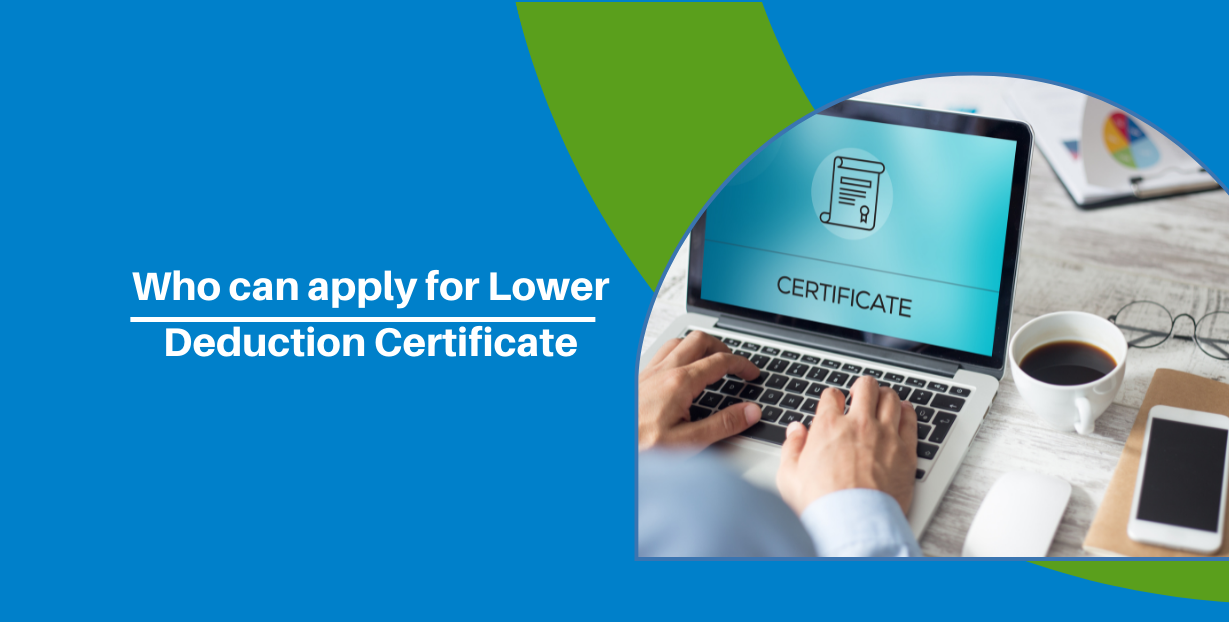Under the Startup India Scheme, eligible companies can get recognized as Startups by DPIIT, in order to access a host of tax benefits, easier compliance, IPR fast-tracking & more. Most startup companies are focused on increasing revenues and maximizing profits by various methods. However, the initial stage involves bootstrapping their organizations out of their hard-earned money. One of the ways to grow earnings is to reduce the cost. The government retains 30% of our income in form of tax which leads to higher costs. A startup is any small business commenced with the objective to solve a problem operated by the founder or a single person.
Eligibility criteria for Startup Registration in India
- An entity shall be considered as a Startup up to a period of ten years from the date of incorporation or registration if it is incorporated as a private limited company or registered as a partnership firm or a limited liability partnership in India.
- Turnover should not exceed INR 100 crore in any of the financial years since incorporation/registration.
- An entity should be working towards innovation, development, or improvement of products or processes, or services, or it should be a scalable business model with a high potential for employment generation or wealth creation.
An entity formed by splitting up or reconstruction of an existing business shall not be considered a Startup.
Considering the above, if you are an eligible entity to register as a startup, you can see the steps to register under DIPP.
In the course of business, startups, like any other business entity, can rely heavily on specific intellectual property (IP) rights, and especially one that aspires to cater to a global market should ensure that its intellectual properties are adequately protected. There are several intellectual property benefits that can be availed under startup registration.
In addition to the above, a startup can also avail of tax benefits by registering with startupindia.org.
FAQs
An entity (Private Limited Company or Registered Partnership Firm or Limited Liability Partnership) shall be examined as a startup:
- Up to 5 years from the date of its incorporation/ registration, and
- If its turnover for any of the financial years has not exceeded INR 25 crore, and
- It is working towards alteration, development, deployment or commercialization of new products,
- Processes or services operated by technology or intellectual property.
For availing of various benefits, an entity would be needed to recognize as a Startup by applying on Startup India Mobile App/ Portal. In addition, a Startup shall be required to be verified as an eligible business from the Inter-Ministerial Board of Certification to obtain tax benefits.
The resources you need to start a business have been divided into five broad categories:
- Financial resources (Funding)
- Human resources (Employees)
- Educational resources (Industry know-how)
- Physical resources (Premises and equipment)
- Emotional resources (Support systems)
The application shall be guided by:
- A copy of Certificate of Incorporation or Registration, as the case may be, and
- A write-up about the nature of business emphasizing how it is functioning towards alteration, development or improvement of products or processes or services, or its extensibility in terms of employment generation or wealth creation.
Steps to register your startup under DIPP: https://masllp.com/steps-to-register-your-startup-under-dipp/
An entity would cease from being a ‘startup’ upon expiry of:
- 5 years from the date of its incorporation/ registration, or
- If its turnover for any of the financial years has exceeded INR 25 crore; or Startups may be essential to close DIPP of any such cases within 21 days.
Yes, an existing entity that qualifies the startup for the Government scheme can visit the Startup India Portal and Mobile App and get itself conceded for various benefits.
Tax benefits while registering with startup India: "https://masllp.com/tax-benefits/"
Intellectual property benefits under startup registration: "https://masllp.com/intellectual-property/"
Yes, one can get registered their startup as “MSME” to avail of benefits extended to MSMEs
The certificate of recognition would be provided within 2-3 working days upon successfully applying with all the necessary documents.
Yes. On successful registration and after validation, you would be able to download a system generated a verifiable certificate of recognition.
Yes. One Person Companies are eligible to avail of benefits under the Startup India initiative.
Following are not included in startup:
- Proprietorship Firm
- Unregistered Partnership Firm
- Limited Company
To operate a business without registration, you need a current account. But in India, you cannot start a business with a savings account as it has been restricted to a certain number of transactions.
If a (former) startup reaches a certain threshold of employees/revenues/market presence that is considered measurable, noticeable, or significant for its particular industry, then it’s no longer a startup.






